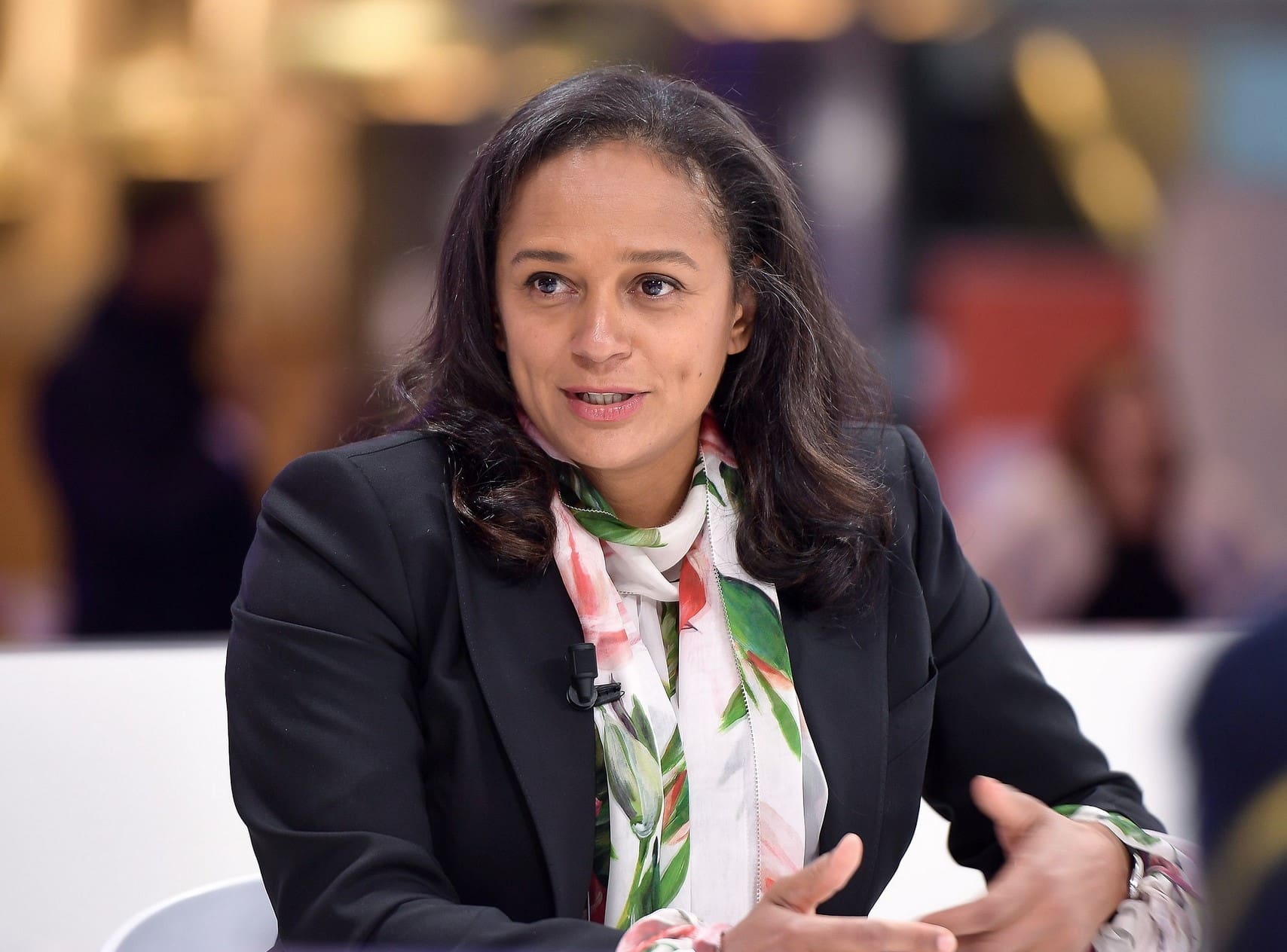Once lauded as Africa’s richest woman and daughter of Angola’s long-time authoritarian ruler, José Eduardo dos Santos, Isabel dos Santos has faced a significant legal setback. In an ongoing legal battle, the UK High Court has ruled in favor of freezing her assets, intensifying the scrutiny over her controversial fortune, which critics allege was amassed through corruption and exploitation of her country’s resources. The judge warned her that “this seems an obvious case for a worldwide freezing order.”
Background of Wealth and Controversy
Forbes magazine’s former listing of dos Santos as Africa’s wealthiest woman, with a net worth surpassing $2 billion, has been a subject of debate. Her rapid fall from grace began with the freezing of her assets in Angola, Portugal, and the Netherlands. These actions stem from longstanding allegations that dos Santos’ wealth was largely acquired through her family’s political influence in Angola, particularly during her father’s 38-year autocratic reign.
Unitel Lawsuit and Alleged Corruption
Isabel dos Santos is embroiled in a contentious legal battle with Unitel, an Angolan telecommunications firm seeking $733 million (£580m) in damages. This lawsuit stems from what Unitel alleges were dubious financial decisions made by dos Santos during her tenure as a director of the company. The core of the dispute revolves around loans approximating $400 million, extended from Unitel to Unitel International Holdings (UIH), reportedly under dos Santos’s ownership and control.
According to the details presented in the High Court, UIH, incorporated in the Netherlands, ceased paying interest on these loans starting in early 2020. Unitel contends that these loans were issued under questionable conditions, with interest rates below market levels and lacking substantial security, suggesting they were arranged primarily for dos Santos’s personal gain.
In response, dos Santos vehemently denies these accusations, framing the lawsuit as a politically driven assault orchestrated by Angola’s current government. She maintains that the loan approvals by Unitel‘s board and shareholders were legitimate and conducted in good faith. Dos Santos further asserts that the freezing order against her should be viewed through the lens of ongoing political rivalries in Angola, a narrative she extends to her time at the helm of the country’s state oil company, where she claims to have fought against corruption.
These assertions by dos Santos, including her statement that the allegations are based on fabricated documents and misinformation, paint a picture of a politically motivated attack in collaboration with the Angolan Government. However, the details of the case, as presented in court, cast a shadow over her defense, suggesting potential financial misconduct that extends beyond mere political feuds.
High Court Ruling and Asset Freeze
The UK High Court, in its December ruling, acknowledged the gravity of the allegations against dos Santos, indicating the necessity of a worldwide freezing order. Dos Santos’ UK assets, including properties worth millions, are now under legal scrutiny.
The political landscape in Angola shifted dramatically after José Eduardo dos Santos stepped down in 2017, succeeded by João Lourenço. Under Lourenço, several members of the dos Santos family, including Isabel’s brother, have faced legal actions for various charges.
Conclusion
Isabel dos Santos‘ case highlights a critical issue of wealth accumulation under corrupt regimes. The UK High Court’s decision to freeze her assets not only underscores the seriousness of the allegations against her but also reflects a growing global intolerance towards ill-gotten gains and the exploitation of state resources for personal enrichment. As the legal proceedings continue, they will shed further light on the intricate web of financial dealings and political connections that once made dos Santos one of the richest women in Africa.
